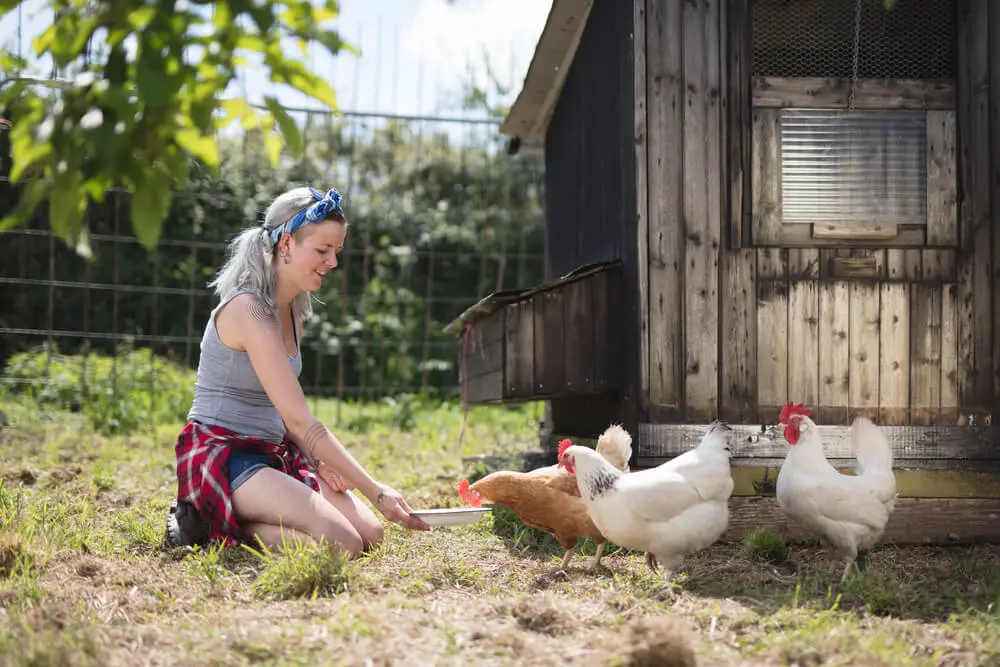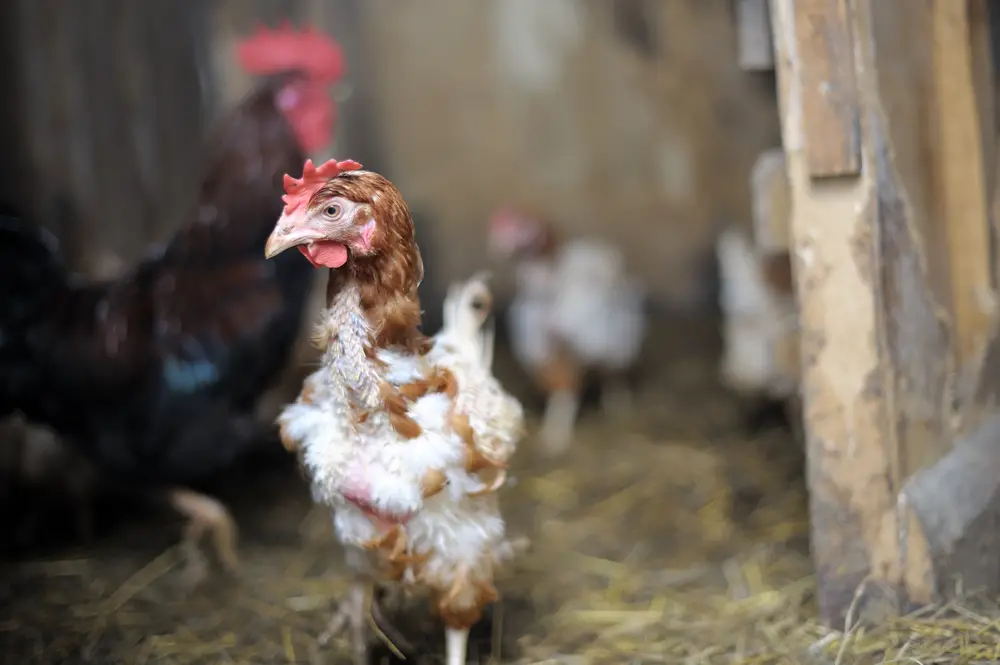If you are a backyard chicken enthusiast, you may be wondering if your feathered friends will lose their feathers during the colder months. This question is a common concern among poultry owners, and there are many myths and misconceptions surrounding the topic. In this article, we will explore the truth behind whether chickens lose feathers in winter and provide tips on how to keep them healthy and warm during the colder months.
Do Chickens Lose Feathers in Winter?
The short answer is yes, chickens do lose feathers in winter. However, this is a natural process that is not necessarily caused by the colder weather. Instead, chickens go through a process called molting, which is the shedding and regrowth of their feathers.
Molting is a normal biological process that occurs annually in chickens. The timing of molting varies among breeds and can be influenced by factors such as age, diet, and the number of daylight hours. It is important to note that molting can occur at any time of the year, including winter.
During molting, chickens will shed their old feathers and grow new ones. This process can take several weeks to several months to complete, during which time the chicken may appear bald or patchy. While this can be alarming to chicken owners, it is a natural and necessary process for their health and well-being.
How to Keep Chickens Warm During Winter?
While molting is a natural process, it is important to keep your chickens warm and healthy during the colder months. Here are some tips to help keep your feathered friends comfortable:
- Insulate the coop: A well-insulated coop is essential for keeping chickens warm during the winter months. Make sure there are no drafts or leaks in the coop and consider adding insulation to the walls and ceiling.
- Provide bedding: A thick layer of bedding such as straw, hay, or wood shavings will help insulate the coop and keep your chickens warm.
- Use a heat source: While it is not necessary to heat the entire coop, providing a heat source such as a heat lamp or heated roosting bar can help keep your chickens warm and comfortable.
- Increase feed: During the colder months, chickens may require more food to maintain their body heat. Consider increasing their feed and providing high-energy treats such as sunflower seeds or mealworms.
- Provide fresh water: It is important to make sure your chickens have access to fresh, unfrozen water throughout the winter months. Consider using a heated waterer or changing the water frequently to prevent freezing.
FAQs:
Is molting painful for chickens?
No, molting is a natural process that is not painful for chickens.
How long does molting last?
Molting can last anywhere from a few weeks to several months, depending on the chicken.
Do all chickens molt at the same time?
No, the timing of molting can vary among breeds and can be influenced by factors such as age, diet, and daylight hours.
Can molting affect a chicken’s egg-laying ability?
Yes, molting can have an impact on a chicken’s egg-laying ability. During molting, chickens redirect their energy towards growing new feathers instead of egg production. This means that they may lay fewer eggs or stop laying altogether until the molting process is complete. However, once the molt is over, most chickens will resume their normal egg-laying routine.
Is there anything I can do to help my chickens through the molting process?
Yes, there are a few things you can do to help your chickens through the molting process. First, make sure they have access to a high-quality, high-protein feed that will provide them with the nutrients they need to regrow their feathers. You can also supplement their diet with protein-rich treats such as mealworms or scrambled eggs.
In addition, make sure your chickens have access to plenty of fresh water and clean bedding to help keep them comfortable. Finally, try to minimize stress during the molting process, as stress can prolong the molting period and make it more difficult for your chickens to regrow their feathers.
Is it normal for a chicken to lose a lot of feathers during molting?
Yes, it is normal for chickens to lose a lot of feathers during the molting process. Depending on the severity of the molt, a chicken may lose up to 50% of its feathers. This can make them look patchy and bald, but it is a natural and necessary process for their health and well-being.
During the molt, it is important to provide your chickens with a stress-free environment and plenty of nutrition to help support feather regrowth. You can also help them stay warm and comfortable by providing extra bedding and a heat source if needed. With proper care and attention, your chickens will soon have a full, healthy set of feathers and be back to their normal, happy selves.
Conclusion:
In conclusion, while it is true that chickens lose feathers in winter, it is not necessarily caused by the colder weather. Molting is a natural process that occurs annually in chickens, and it is important to keep them warm and healthy during the colder months. By following the tips provided in this article, you can help keep your feathered friends comfortable and happy all winter long.

Shannon Stansberry has been engaged in the business of raising chickens for more than 12 years. In 2016, she accomplished the Agriculture & Natural Resources program at Mt. San Antonio College. At present, she tends to more than 80 chickens on her 4-hectare farm. Shannon regularly shares her insights and experience on how to raise healthy and contented chickens on the platform Typesofchickens.com

